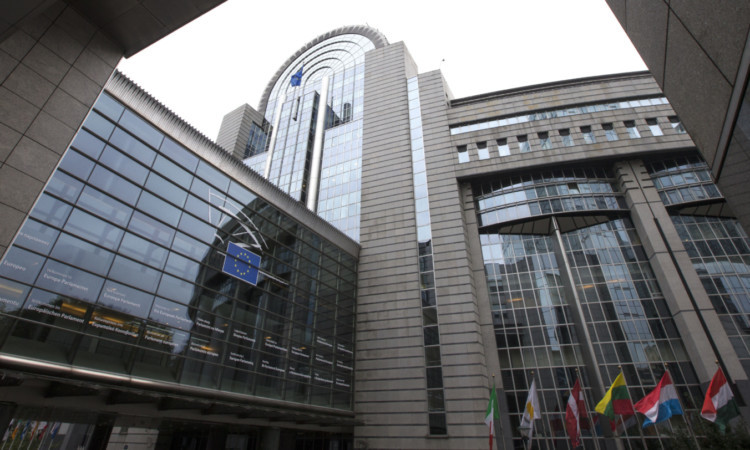The European elections take place on Thursday and appear to have captured the imagination of few. Jack McKeown finds out why they matter a great deal.
Thursday is the only time outside of a general election when all 46 million of Britain’s voters can have their say at once. They will be choosing who represents Britain in the European Union’s only directly elected body.
So of course the national news has had wall-to-wall coverage of the build-up. Local news has been dominated by profiles of the candidates in your area. Up and down the land people have been campaigning for their party and it has been the number one topic of conversation in pubs, hairdressers, greengrocers and butchers.
Or, alternatively, there has been scarcely a ripple of excitement and barely one in 10 British voters can name their MEP.
There is a paradox that as the EU’s power and influence has waxed, the interest of voters in having their say over its future direction has waned. When the first European elections were held in 1979 a respectable 62% of voters turned out at the polls. By 2009, after the Lisbon Treaty bolstered the EU’s powers, that figure had slumped to 42%.
Hopes for a strong turnout this time are not high polling last week suggests turnout could drop by as much as another 5% over 2009’s figure.
Christian Kaunert is professor of international politics at Dundee University. He says there is a more prosaic reason for people not knowing the name of their MEP than plain disinterest.
“When you vote for an MP you are voting for an individual,” he says. “But in the European election you are voting for a party. So people are voting for the party they want to see in power rather than the personality they like the best.
“And, of course, MEPs spend the majority of their time in Brussels so they do not have the same profile as MSPs and MPs who are in their constituencies more often, or at least in their national parliaments.”
Of great concern to many is the trend towards voting for ever more extreme right-wing parties. Greece looks set to elect MEPs from its neo-Nazi Golden Dawn party despite a third of its leaders being in jail. Britain is not close to adding members of the Scottish or English Defence Leagues to its pool of MEPs.
However, none of Britain’s three mainstream parties is predicted to win the lion’s share of the vote. Instead, UKIP, whose biggest policy is to withdraw Britain from the EU, look set to win the most seats.
While a far less questionable party than Golden Dawn the leader of which is awaiting trial for murder UKIP has found itself in hot water over accusations of racism.
Its leader Nigel Farage this week had to row back from comments made in a radio appearance where he said people would be concerned if Romanians moved in next door. Asked what the difference was between having Romanians or Germans (Mr Farage’s wife is German) as next door neighbours, the UKIP leader retorted: “You know what the difference is.”
Other UKIP candidates have landed themselves in trouble for giving campaigners the middle finger and for calling for the execution of their rivals, on grounds of treason.
Although many Conservative voters are defecting to UKIP the party shows little sign of winning a UK general election. So far there isn’t a single UKIP politician north of the border but the party has a fighting chance of claiming one of Scotland’s six MEP seats.
So why is Britain’s most far-right wing party looking poised to clean up at European level?
“I think there has been a tendency not just in Britain but across Europe for voters to take the EU election a bit less seriously than their own national election,” Professor Kaunert says.
“Instead of voting for the party they support they use their vote to send out a signal. By voting for parties like UKIP they are indicating what kind of issues they want the mainstream parties to prioritise ahead of the next general election. Parties like UKIP put forward a basic central idea that many people find intuitively appealing on the surface but that, when you dig a bit more deeply into it, tends to be very simplistic.”
According to Professor Kaunert, a lot of people vote for UKIP and other hard right-wing parties in the European elections because they think it doesn’t really matter.
“There is this opinion that you don’t need to worry as much who you vote into power in Europe as you do in Westminster,” he continues. “But Europe drafts a huge amount of legislation that directly affects the UK and the European Parliament is the core legislature for all legislation that comes from Brussels.
“These are important elections so it may be dangerous to think that way. If you don’t really want a particular party to be in charge then you probably should not vote for them.”
